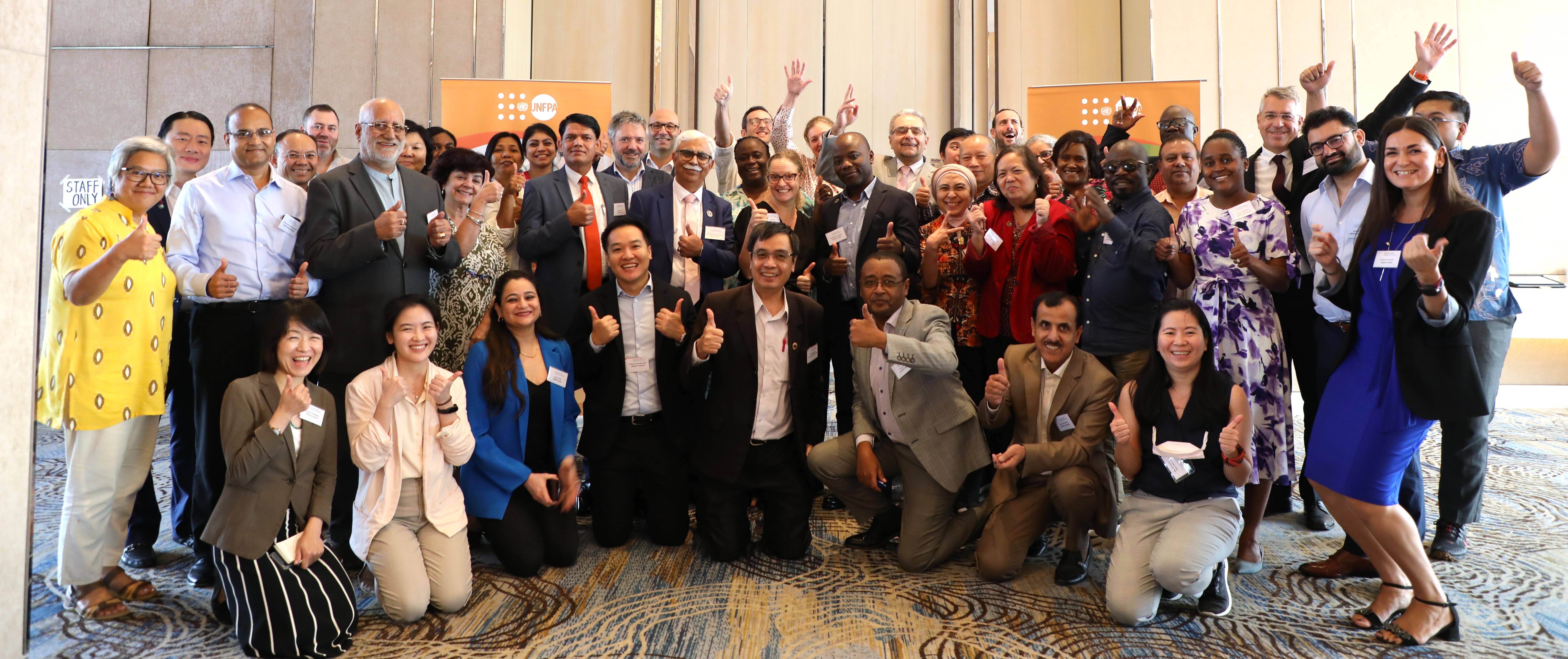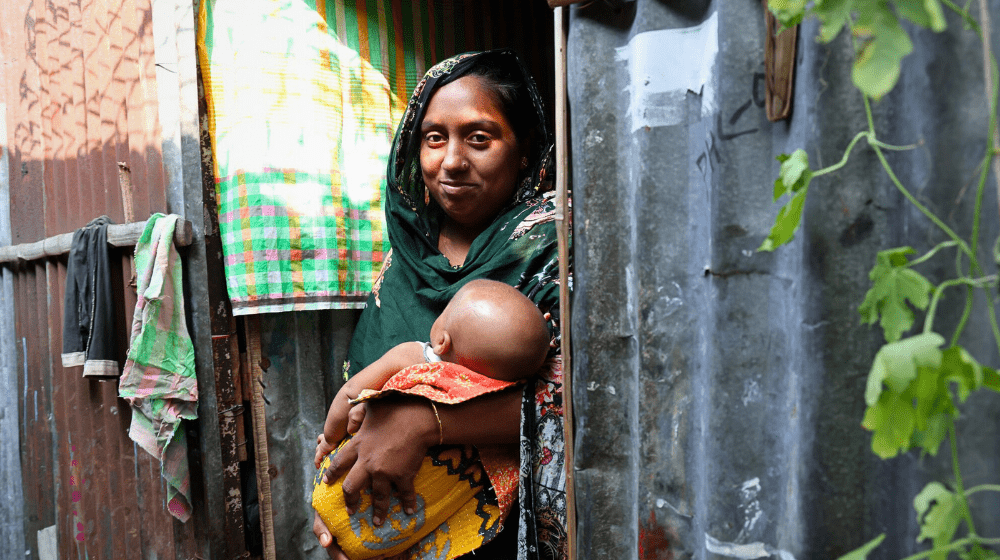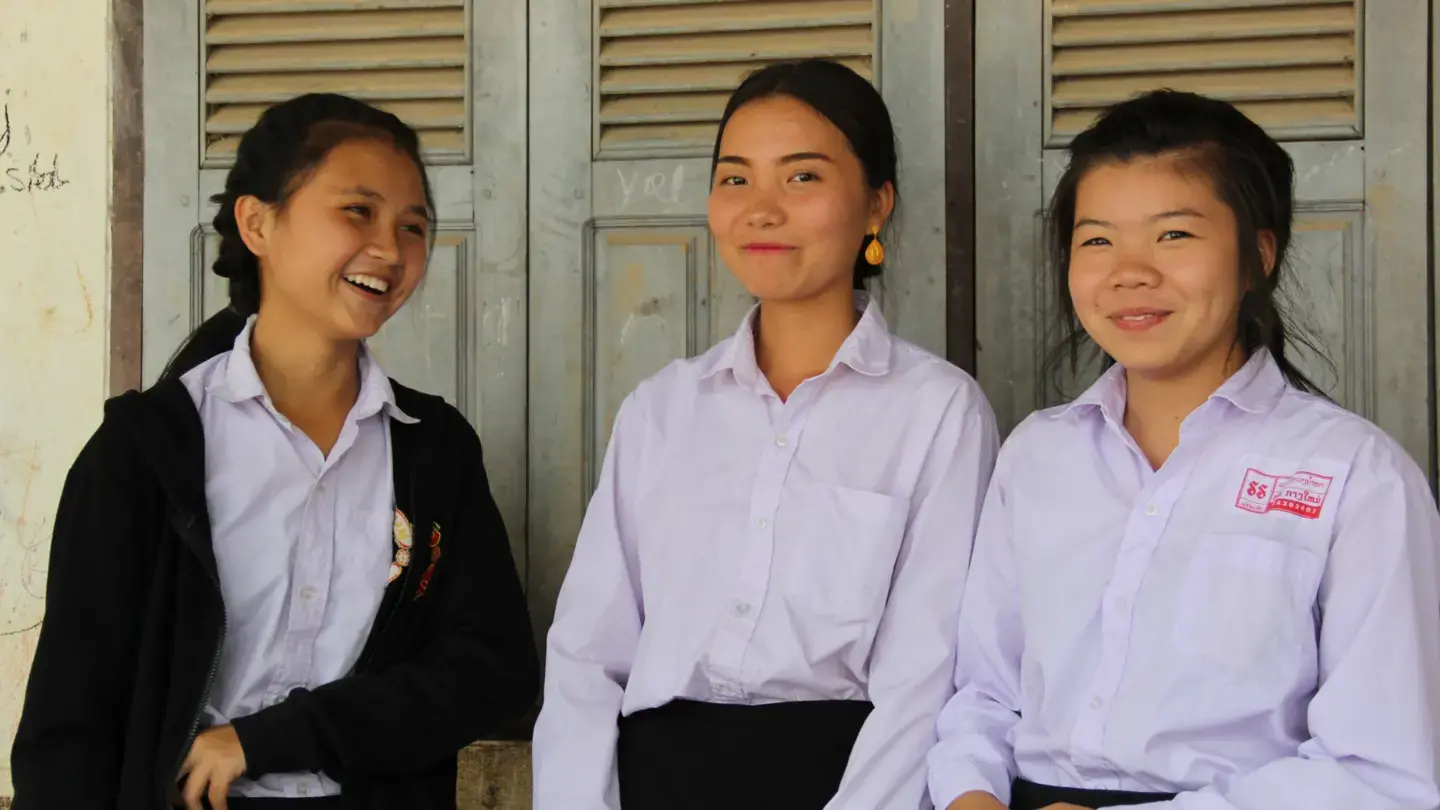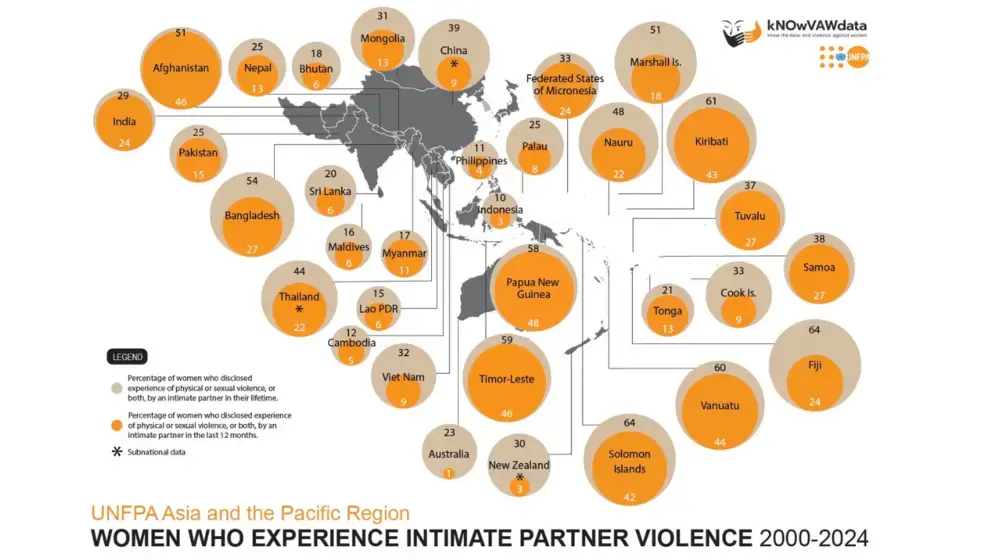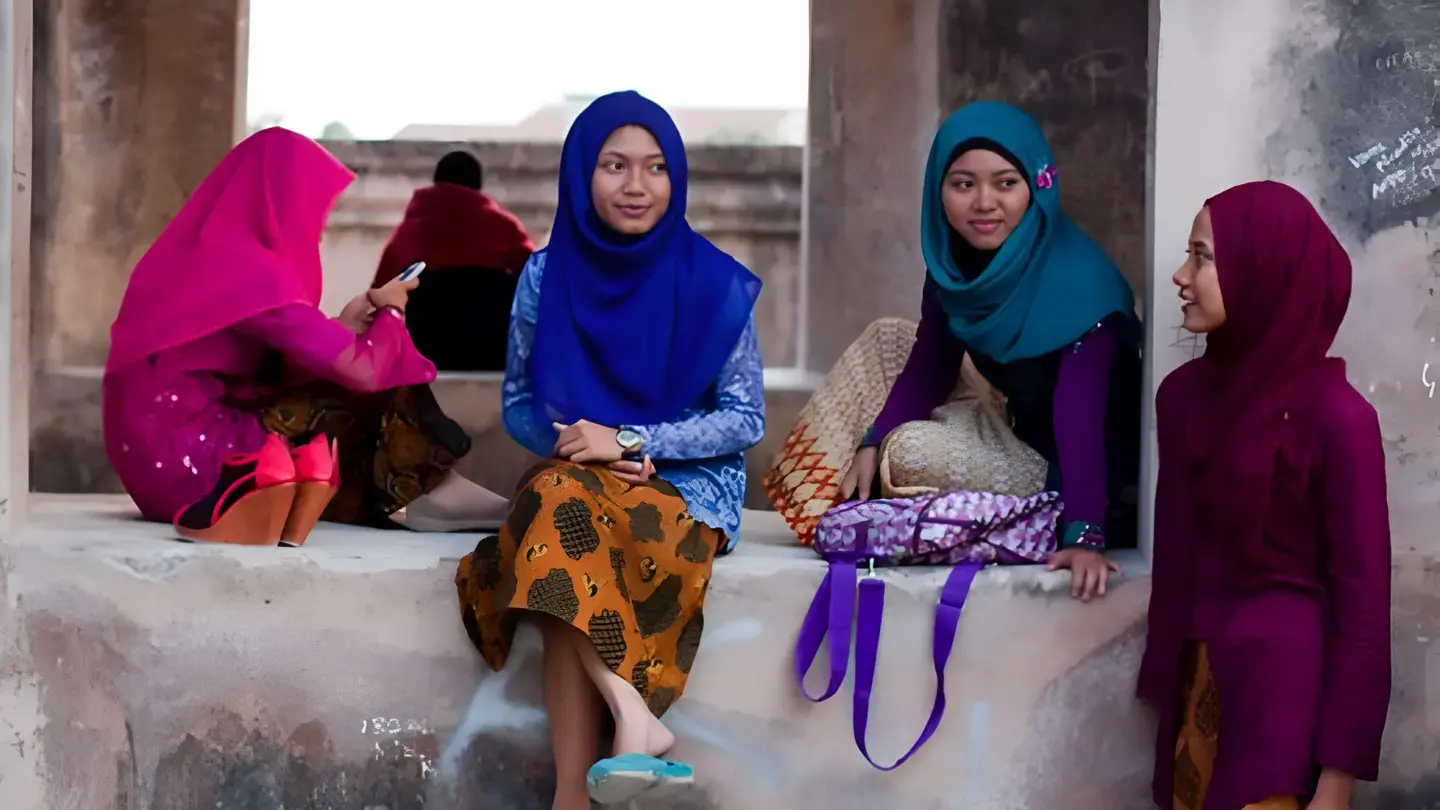Access and availability of sexual and reproductive health services is not only a basic human right, but also one of the most powerful opportunities for long-term socio-economic development. Each dollar invested in ending preventable maternal deaths and meeting the unmet need of family planning by 2030 will bring economic benefits of USD 8.4 by 2050, and these returns are even greater for investments in ending harmful practices such as female genital mutilation and child marriage.
The UNFPA Asia Pacific Regional Office, together with the Asia Population and Development Association (APDA) and Genesis Analytics, brought together policymakers and experts from the Asia-Pacific region and beyond to increase understanding on how investing in family planning, maternal health, and ending gender-based violence contributes towards sustainable development and long-term social and economic gains. The four-day workshop, held from 2-5 October 2023, aimed to provide participants with knowledge and skills to understand and apply economic principles and tools to the realm of sexual and reproductive health, strengthening advocacy messages around the economic benefits of sexual and reproductive health investments and resulting in a concrete plan to improve sexual and reproductive health financing in their respective countries.
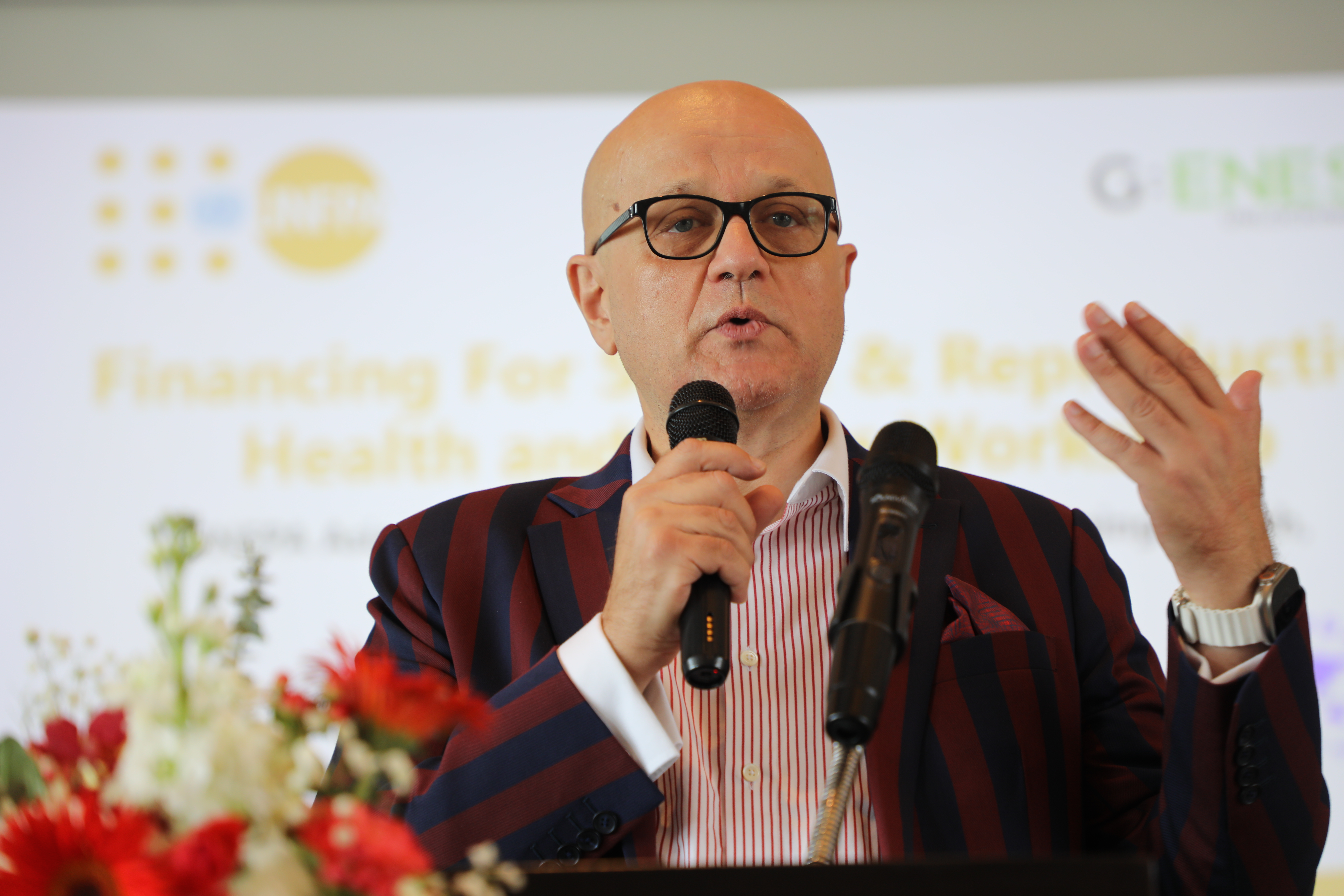
Regional Director a.i., for UNFPA Asia and the Pacific, Dr. Aleksandar Sasha Bodiroza delivered the opening remarks.
“Governments must directly invest in women's reproductive health and rights if we are to achieve zero maternal death, zero unmet need for family planning, and zero prevalence of gender-based violence.”
Dr Bodiroza further stressed on the shrinking funding available for development assistance and encouraged countries to ensure their national budgets include provision for upholding the sexual and reproductive health needs of women and girls.
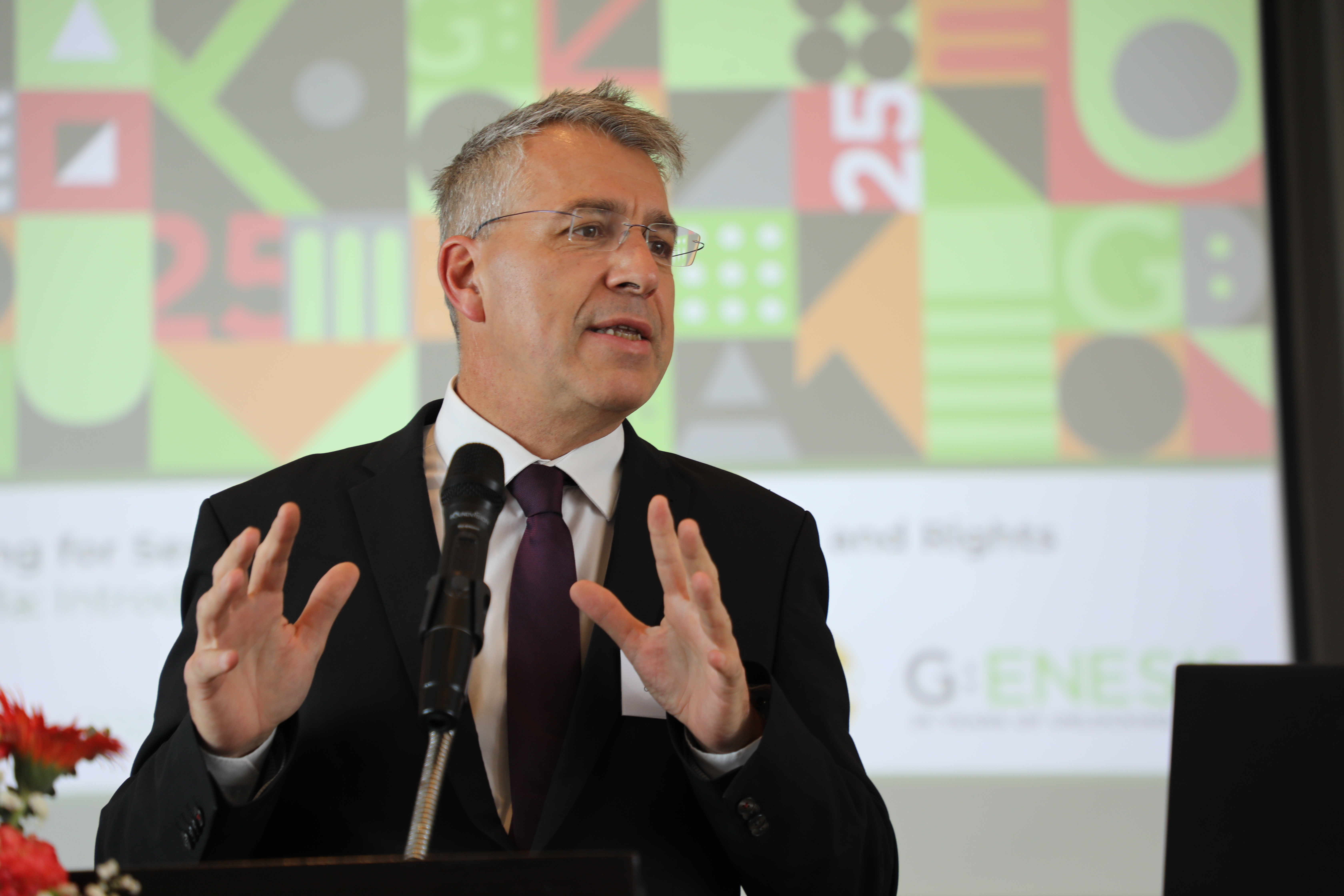
“The reason why governments must invest in sexual and reproductive health goes beyond saving lives and ensuring the basic rights of its citizens,” said Tomas Lievens, policy economist at Genesis Economics, explaining that investments in sexual and reproductive health is one of the best investment opportunities for a country as it brings long-term economic and social returns.
Despite its economic potential, sexual and reproductive health has been starved of investment around the world.
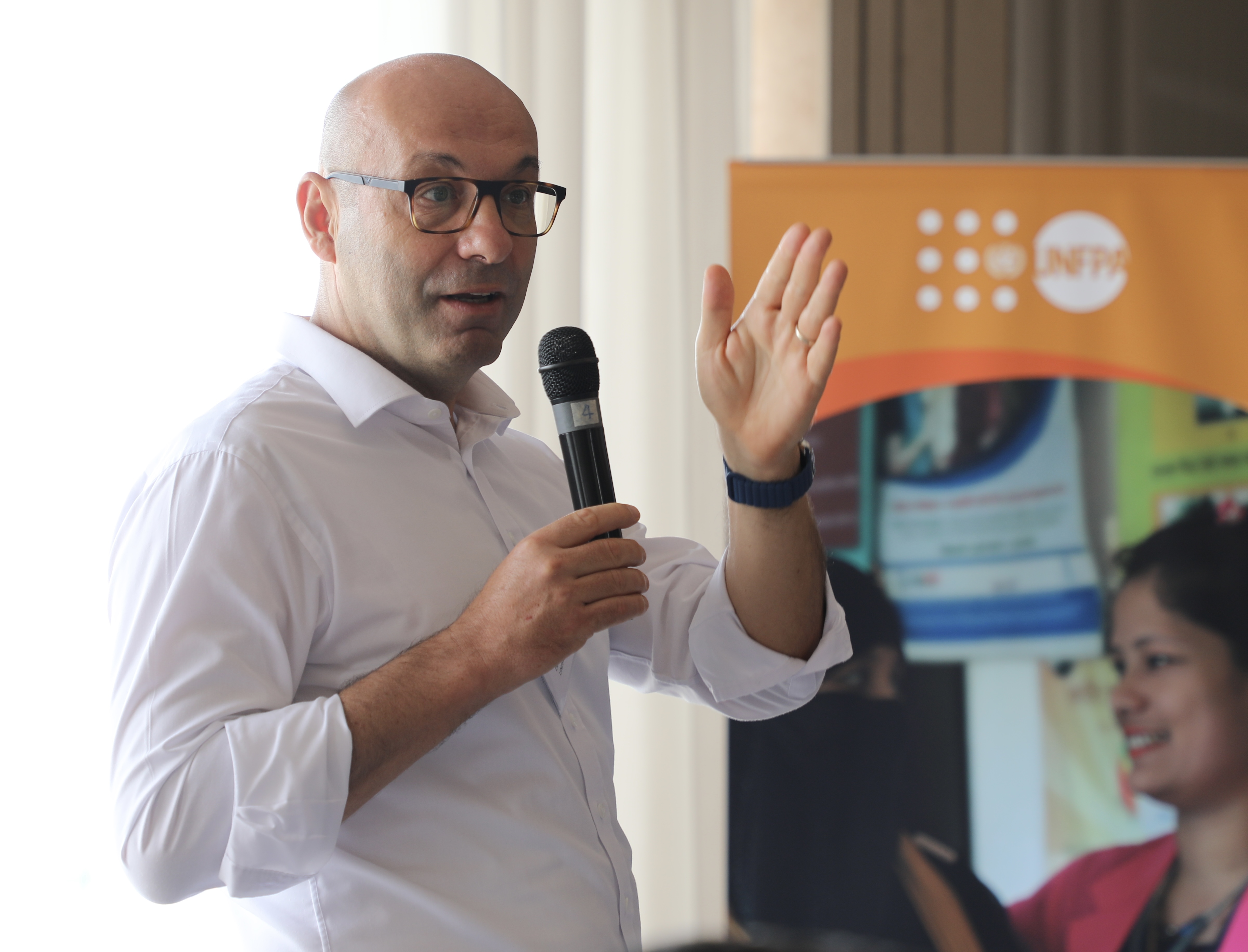
"In 2019, it was estimated that USD 26 billion is required yearly until 2030 to achieve UNFPA’s three transformative results."
"This amount is very likely to be underestimated, given that it did not factor in the inflation and trade disruptions associated with the conflict in Ukraine and the additional resources required to address the increasing frequency of climate-related shocks. At UNFPA, we are funding USD 1.5 billion. To finance this gap, we call on policy makers to increase allocation of domestic public resources and ensure direct and long-term investments through budgetary allocations for women's sexual and reproductive health" said Davide De Beni, UNFPA Asia-Pacific’s Health Economics Advisor.
By investing in women’s health and wellbeing today, governments can save lives, uphold human rights, and reap long-term economic returns that contribute towards sustainable development, benefiting generations to come.
